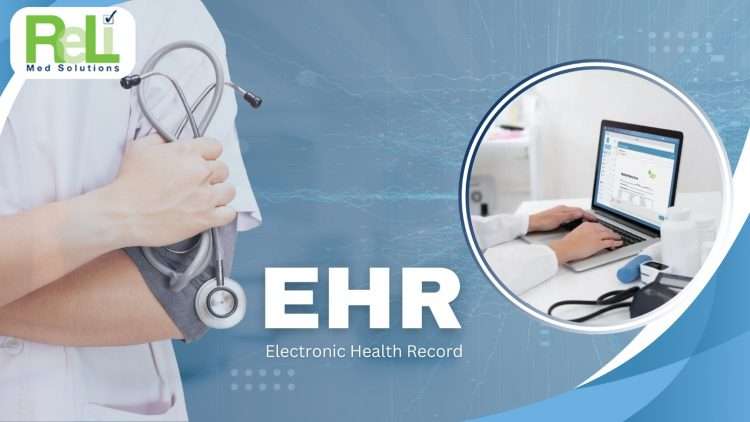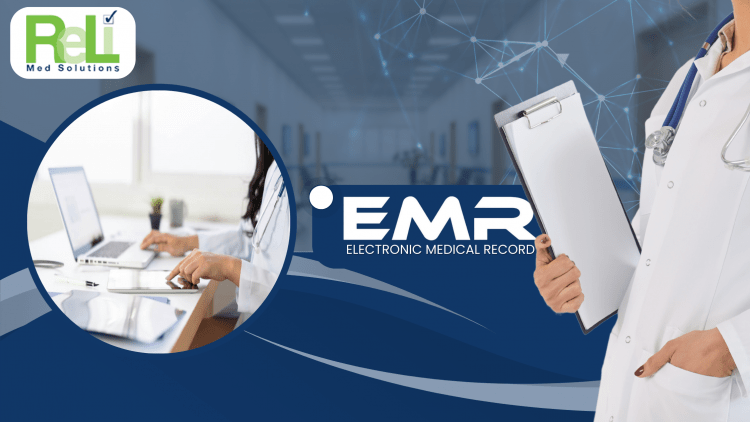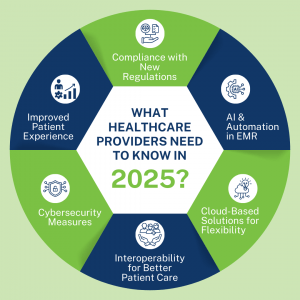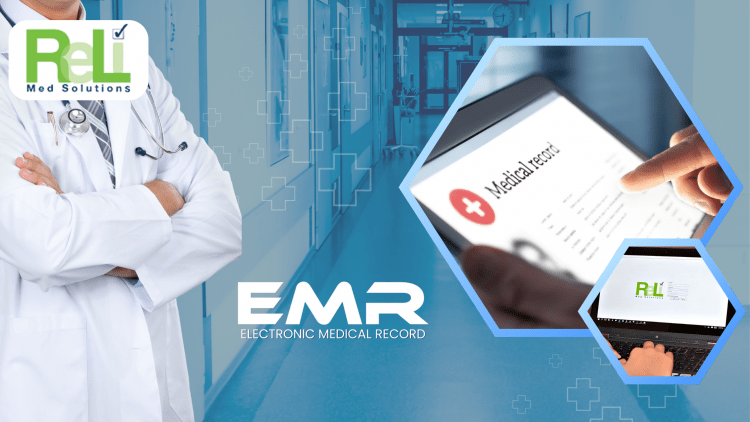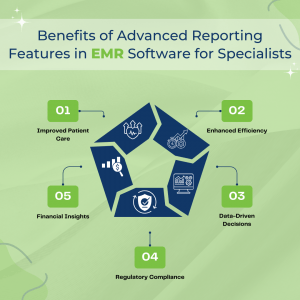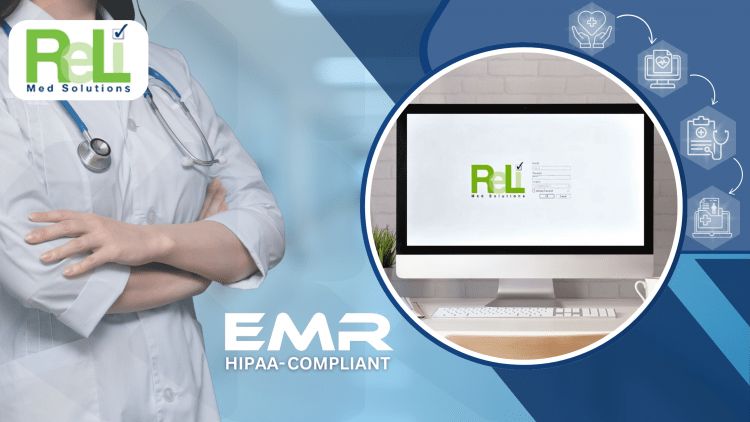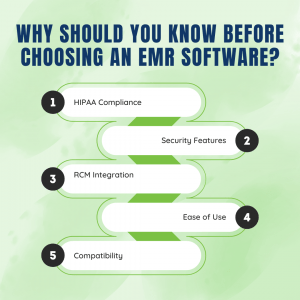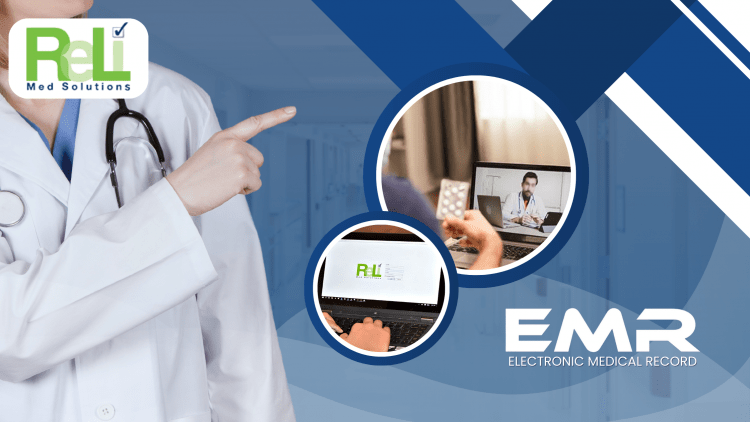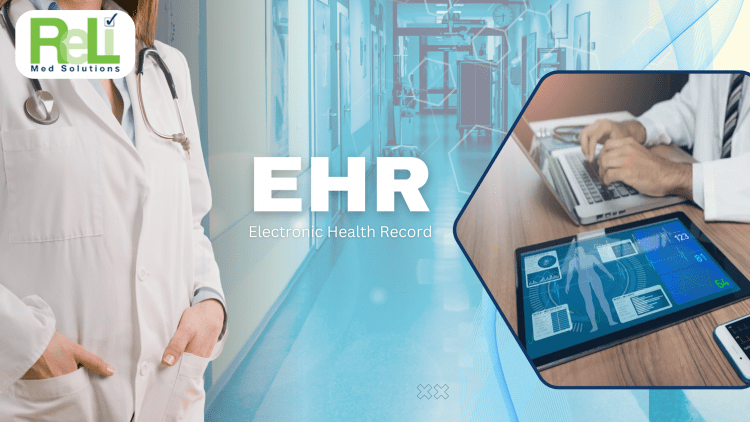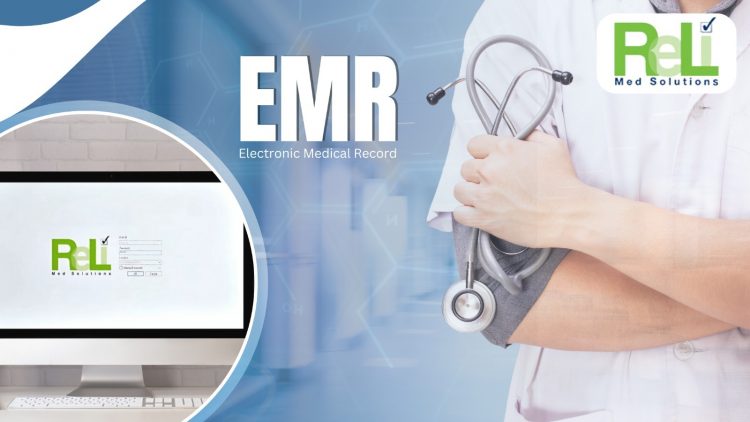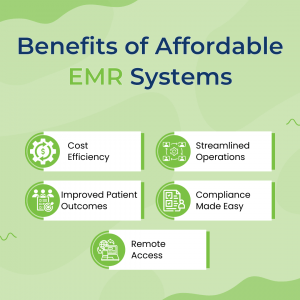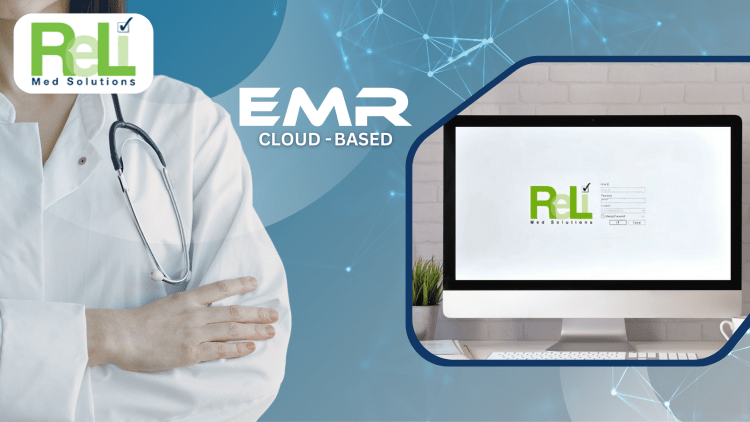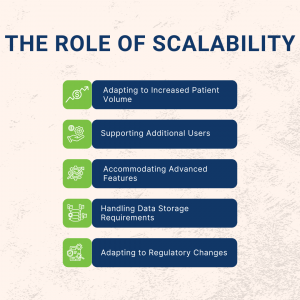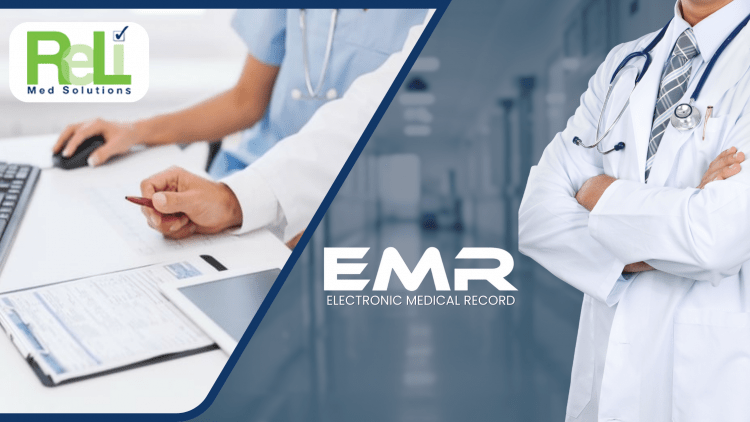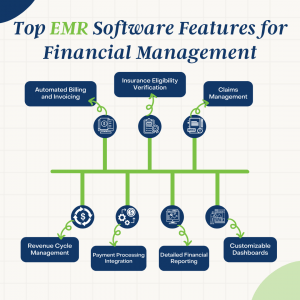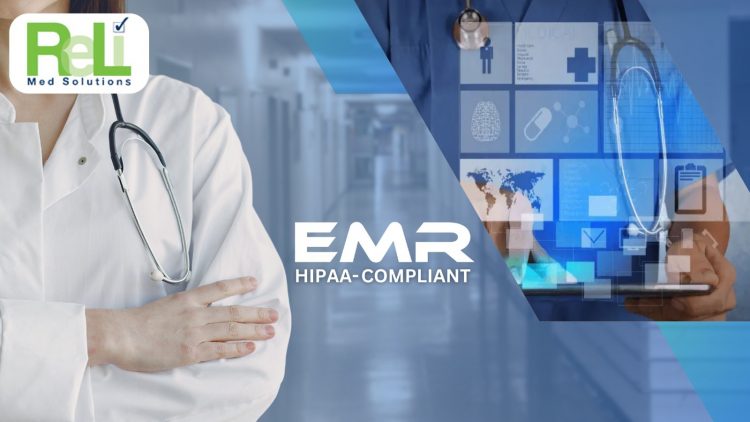How to Choose the Right Electronic Health Record System & Its Benefits
Choosing the right electronic health record system is important for hospitals and healthcare centers. It is not just about storing digital records but also about making work easier for doctors and nurses. A good system helps find patient details quickly, saving time and reducing mistakes. Different EMR Software Features are available, so selecting the right one is key. A complex system can slow work. Knowing the benefits and challenges helps in choosing wisely. Explore the best EHR system.
Why Investing in the Right EHR Matters?
A good electronic health record system makes healthcare work better. But not all systems are the same. If the system is not easy to use, doctors and staff will take longer to do their work, which can be a problem. A good EHR system should help doctors and nurses find and update patient details quickly, so they can focus on treating people. Another important thing is medical billing. Many EHR systems have billing features that help in handling payments and insurance claims. Because of that, paperwork is reduced, and payments are made faster. If the system does not have billing, staff will have to do more work by hand, which can take more time. So, it is important to choose an Electronic Health Record system that makes billing and patient records simple and easy.
Benefits of an Electronic Health Record System
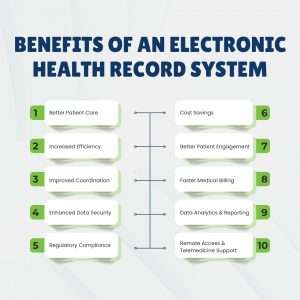
A good electronic health record system makes things easier for doctors, nurses, and patients. Here are some of the main benefits:
- Better Patient Care – Doctors can check patient records fast, so they make better treatment choices.
- Increased Efficiency – Less paperwork, so staff have more time to take care of patients.
- Improved Coordination – Doctors, nurses, and staff can share patient details easily, so they work better together.
- Enhanced Data Security – Uses FHIR to keep patient records safe.
- Regulatory Compliance – Follows HIPAA and other rules, so hospitals don’t have legal issues.
- Cost Savings – Saves money by reducing paper and manual work.
- Better Patient Engagement – Some systems let patients see their records, so they know more about their health.
- Faster Medical Billing – Built-in billing helps hospitals get payments faster.
- Data Analytics & Reporting – Uses EMR Software Features to track patient history and improve care.
- Remote Access & Telemedicine Support – Cloud-based EHRs let doctors access records from anywhere, so online consultations are easier.
Common Challenges Faced When Choosing an EHR
Choosing the right electronic health record system can be hard. One big problem is connection. If the EHR does not follow FHIR, it may not work well with other software. Another problem is ease of use. If the system is difficult, staff will waste time instead of helping patients. A simple system with easy EMR software features is better. Cost is also important. Some EHRs are too costly for small clinics. Moving patient records is another issue. If not done well, some details may be lost. Good support can help fix this.
Key Factors to Consider
When picking an electronic health record system, look for these important things:
- Ease of Use – The system should be simple, so staff can learn it quickly.
- Customization Options – The system should adjust to your clinic’s needs.
- Integration with Medical Billing – It should work well with billing and insurance claims.
- Compliance & Security – It must follow HIPAA and FHIR rules to keep patient data safe.
- Scalability – The system should be able to grow with your clinic.
- Cloud vs. On-Premise – Decide if you want a cloud-based or an offline system.
- Interoperability – It should allow data sharing with hospitals and insurance companies.
- Customer Support & Training – Good support is important, so staff can get help if needed.
- Cost & ROI – Compare costs to make sure it is a good investment.
- Backup & Recovery – It should have automatic data backup to protect patient records.
Why Choose ReLi Med Solutions?
ReLi Med Solutions offers a high-quality electronic health record system that makes healthcare work easier. Here’s why it is a great choice:
- User-Friendly Interface – Simple design, so staff can use it easily.
- Advanced EMR Software Features – Includes billing, reporting, and patient tracking.
- Seamless Integration – Works well with medical billing software.
- HIPAA & FHIR Compliant Security – Keeps patient data safe.
- Scalable for All Practices – Works for small clinics and big hospitals.
- Cloud-Based Access – Lets doctors check patient records from anywhere.
- 24/7 Customer Support – Always available, so help is there when needed.
- Fast Implementation & Training – Quick setup, so staff can start using it fast.
- Affordable Pricing – Budget-friendly options, so it is suitable for all clinics.
- Advanced Data Analytics – Helps doctors track patient health and improve care.
Conclusion
Choosing the right electronic health record system is very important for doctors and hospitals. A bad system can slow down work, increase costs, and cause problems. But a good EHR system saves time, improves patient care, and keeps records safe. Before choosing, check the eMR software features, security, and ease of use. ReLi Med Solutions offers a safe, simple, and powerful EHR system for healthcare providers. For a trusted EHR system, choose ReLi Med Solutions. Upgrade today for better healthcare and smooth work!

